
Optic Nerve by Maria Gainza – review. Guardian
I’m found relevant images as I read the book.
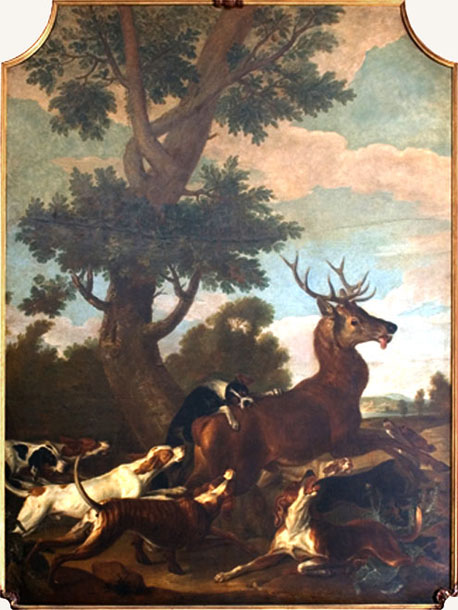
Hubert Robert
THE TEATRO DELLE ACQUE IN THE GARDEN OF THE VILLA ALDOBRANDINI

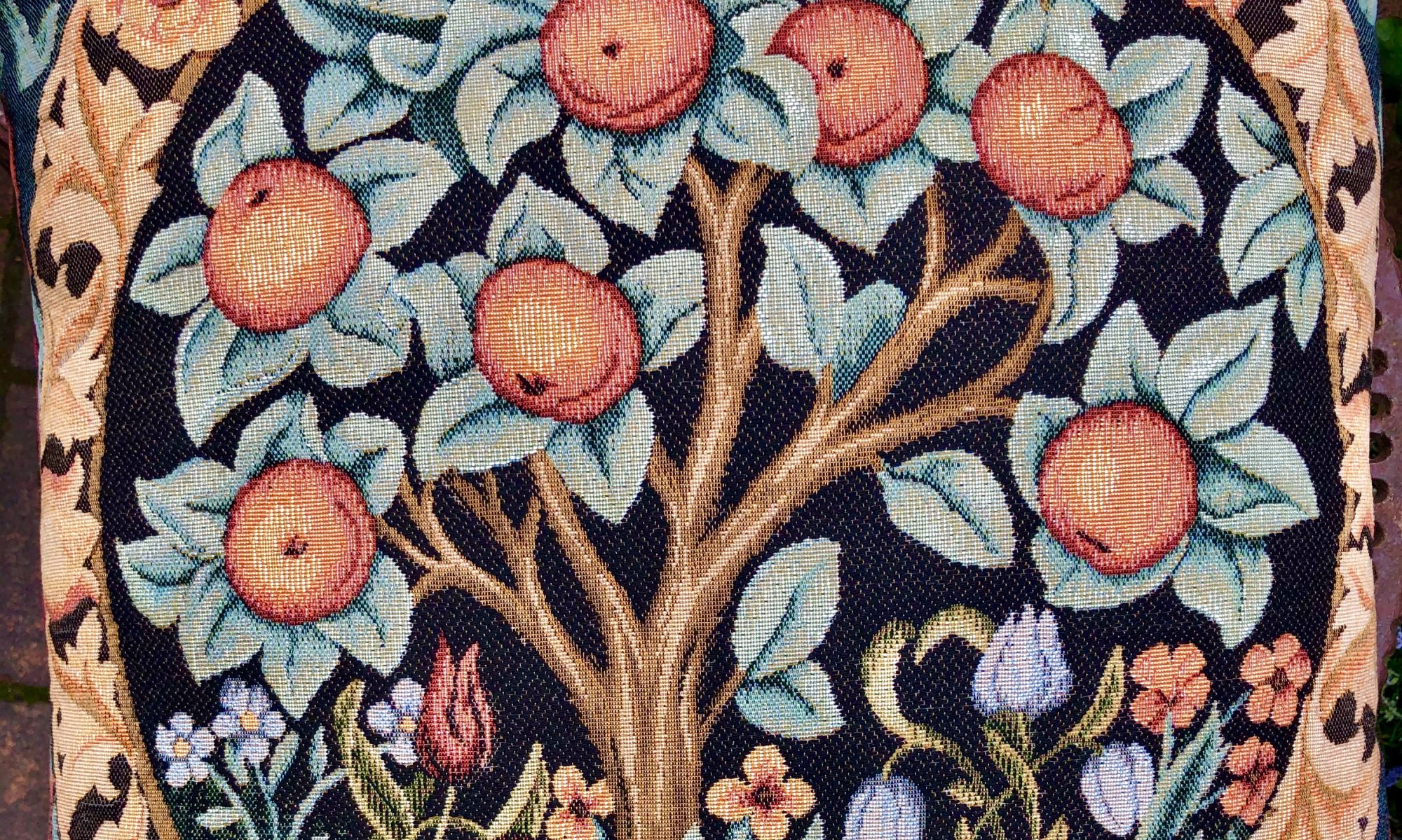
Walter Logeman: Journal

Optic Nerve by Maria Gainza – review. Guardian
I’m found relevant images as I read the book.

Hubert Robert
THE TEATRO DELLE ACQUE IN THE GARDEN OF THE VILLA ALDOBRANDINI


In scribd

Kindle
Audiobook Scribd
Scribd — I’m just interested in “A Place of Greater Safety.” French Revolution.
Mistaken Identity by Asad Haider review – the best criticism of identity politics
I found this review of the book by Asad Haider satisfying — despite the title of the book, and the title of the review, I don’t think he just criticises identity politics. Haider defends a strand of it and criticises another and makes the distinction quite clear.
Haider traverses a tricky area. OTOH he can be critical of corporate feminism or indigenous capitalism. On the other hand he avoids two traps: One would be to go (or be seen to go) all sexist and racist. The other would be to fall into offensive class dogma, and say that all will be well in these areas of identity after the working class revolution.
Even in the summary in the review what is constructive and what is not, comes through clearly:
This is the original demand of identity politics, and it’s one that Haider embraces: for a revolutionary practice rooted in people’s identities as racialised, sexed, gendered and classed individuals who face interlocking systems of oppression. These systems have to be fought together, by organising people of different identities in what Haider calls “a project of universal emancipation” devoted to dismantling all of the structures that make them unfree, including and especially capitalism itself.
But if anticapitalist revolution is where identity politics began, it has since become something quite different, and is now invoked by certain liberals and leftists to serve distinctly non-revolutionary ends, Haider argues. It involves members of marginalised groups demanding inclusion, recognition, or restitution from above – a seat at the table. These demands are made in response to very real injuries endured by those groups. But their method, he says, ends up strengthening the structures that produced those injuries in the first place.
*

I’m intrigued that Asad Haider is a PhD candidate in the History of Consciousness. I listened to him in a podcast and he is indeed knowledgeable in this area. See my blog post.
I look forward to what else he has written.
*
Found this:
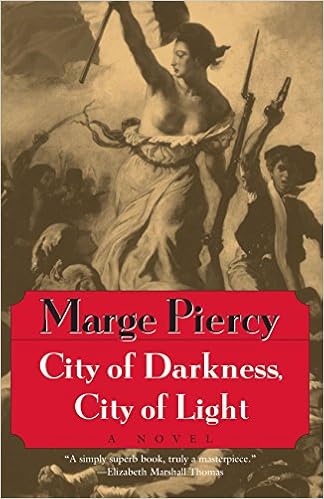
❋

❋

Have it on Kindle.
❋

Heuristic Research: Design, Methodology, and Applications
by Clark E. Moustakas
Publisher:
Well-organized and well-referenced, this book gives a clear presentation of heuristic methodology as a systematic form of qualitative research. Investigators of human experiences will find this book invaluable as a research guide. The author illustrates how heuristic concepts and processes form components of the research design and become the basis for a methodology. There is a clear explanation of how heuristic inquiry works in practice and the actual process of conducting a human science investigation is described in detail
As expected — I needed more escape.
*
Adults in the room
*
Nutshell
*
Macbeth
*
Girl with the dragon Tattoo
*
As expected – I need escape — I like the Reacher character and the sparse writing. Got to it after listening to the Kim Hill interview with Lee Child
*
Quit after 100 pages. Just did not like the characters or tone.
*
I didn’t love it. Won’t read the Goldfinch. This somewhat ponderous review makes sense of it in the way I did.
*
*
*
*
Listened to the meeting: Yanis Varoufakis with Shami Chakrabarti (2018 Event) found it uplifting.

Just ordered it from Scorpio

Amazon
I love this book! ★ ★ ★ ★ ★
Probably because I’m possessed by all things couple therapy. Though because of that i’d hate it if it was terrible therapy. Most of the therapy in movies is bad. Books are not much better. This one surprises!
I love the bit where a client is about to walk out, and the therapist says “Sit down!”. Sounds terrible, but it’s perfectly timed, authentic, edgy for the therapist, and good for the client as it turns out.
I’m still puzzling how a law professor could write a book with such grasp on the art of therapy.
Get this book if you are interested in relationships!
Later: Sunday, 11 November 2018

A wonderful interview with John Jay Osborn.
The link is to Pocket casts – a great app for iPhone – but I’m sure you can find other ways to listen to it.
A remarkable book and writer! And a good interviewer.

Very impressed by this guy.
Listened to him being interviewed here:

An agricultural insurgency — Thursday 11 January 2018
This all sounds too good to be true. But I do trust him!
Looks like we can manage the anthropocene.
I think they nail it here:
“Imago shifts the focus from the self to the relationship and posits “relationship” as fundamental reality of which individuals are derivatives. To embody this paradigm shift, partners must shift their focus from their own need gratification to the needs of the relationship. The paradoxical outcome of that counter-intuitive shift is that such a sacrifice will insure the satisfaction of their needs in a way that was not possible when the focus was on the self. When the couple becomes partners rather than opponents in the project of creating and enacting their dream relationship, they create a thriving relationship. This perspective rests on the assumption that human beings are intrinsically relational, that the human problem is relational rupture, that all emotional symptoms are expressions of relational anxiety and that relational repair is the only and sufficient path to human well being.”
Beauvoir, Francine; Crapuchettes, Bruce. Getting Back The Love We Had: Forty-Two Answers To Real Questions From Couples Who Feared They Were Losing Their Way (pp. 4-5). Kindle Edition.
I want to get this book.
I heard about it in this excellent podcast: Kim Hill interviews Emily Perkins — Emily Perkins – Ibsen and The Fuse Box
Thought it might be fun to offer the protagonists in The Dolls House couple therapy.
Later Monday, 23 April, 2018
I’ve read nearly every item in the book and liked them a lot. One thing that struck me was how much creative writing talk relates to psychodrama directing. I’d recommend any director of drama to read the book. Probably would work for painters or musicians as well.
People who impacted on me. Roughly in the order they did so. How I came to think the way I do, the intellectual & cultural biography. The juicier life story with real people is another, more personal story. The post about this post.
I had a few pop idols when I was a teenager. Mostly my mentors were people living around me. Then something new happened in a moment while reading Bertrand Russell that changed how I saw things. I think the book was called “On Morals”, but that does not seem to exist. Maybe it was Marriage and Morals but I can’t find the line I recall. “Morals is the science of how to live one’s life.” That does not Google, but that is what I recall. And as a teenager how to live my life was a burning question – that there was a science for that was very appealing. Further reading did not help much in a practical way (I will add Zorba The Greek to the list), but I began to read philosophy, and loved it.
I think of Russell as of marker in the sand for humanist, atheist, positivist rationality. ““I believe that when I die I shall rot, and nothing of my ego will survive.” I liked that. It summed up the atheism I was bought up with. (Now I think it is all a bit more mysterious. Maybe the universe forks and folds?)
And for a readers digest version of philosophy there is nothing to beat A History of Western Philosophy
And he was part of Ban the Bomb. And The Committee of 100
Talking of pop stars – this one was the first one I noticed. I was about 12.
Great stuff, but really, my main heroes were not popstars.
We had a book of his paintings at home, I saw a movie and read a biography. Later I saw exhibitions. Loved it all. I am attracted to outsiders.
CMW
Peter Pinney
The link to an album presented in Adobe Flash no longer works
Why he’s on the list.
Led to travel, New Zealand mountains.
Zorba the Greek
Colin Wilson
His book The Outsider led to my big shift at about same time as Peter Pinney
The book is a series of essays about what he calls outsiders, but presented from Wilsons existentialist position. Again how to live life! I identified with the central theme that outsiders are those who see too much. The main thing I got from the book is that I follwed through on every writer he mentioned. Now I knew who to look for in the library.
Colin Wilson is a bit of an embarrassment. He has an elitist perspective. Outsiders are artists and gifted, but not “supermen” above the doomed masses. He has an idea that the outsider has failed on some journey to enlightenment. I don’t like that type of spiritual approach to life, and did not even as CW put it forward.
Ivan Illich
Ludwig Wittgenstein
Marshall McLuhan
Stewart Brand
Karl Marx
Moreno
Osho
James Hillman
Thomas Moore
Marriage dead or alive
Marshall Rosenberg
Harville Hendrix
Hedy Schleifer
Bill Doherty
How Smartphones Are Killing Conversation
A Q&A with MIT professor Sherry Turkle about her new book, Reclaiming Conversation. – Amazon
Sherry Turkle has been a thorough investigator of the media – and I like her experiential – ethnographic approach in her first book Life on the screen – Amazon
We are in the early days of technology. Can we develop etiquette – a new norm in the way we have about things like eating with your mouth full. Will parents say, “Don’t put your phone on the table while we are eating.” ? It could happen. We changed norms around smoking. Around sexism. This interview begins to articulate new norms without being anti tech,
Relational Psychotherapy, Psychoanalysis and Counselling: Appraisals and reappraisals [Kindle Edition] Del Loewenthal (Editor), Andrew Samuels (Editor)
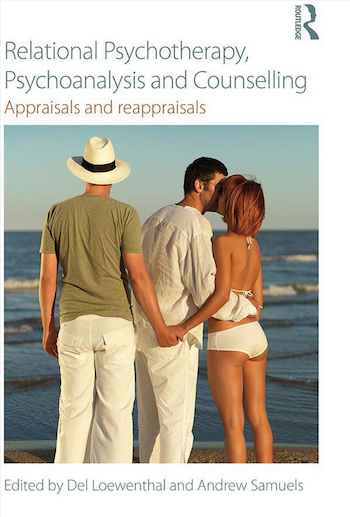
In the light of the last post I’m keen to read this book and pleased its in Kindle format. The image on the cover is evocative! It shows well the potential for psychotherapy to create ambivalence in a relationship.
So much on my mind – I can’t keep up with it!
Books to read on relationships – “Marriage is the medium”
I have been reflecting on the role of evolution in relationships.
I doubt that marriage was somehow hard wired or ‘natural’ yet what is our pairing history?
I have a hypothesis:
We became human through a process of evolutionary development where we gained an advantage by walking upright, liberating the hands, developing language, having a bigger brain. Some of these processes or all of them, involved us being born as infantile creatures more vulnerable than other mammals. We are born at what might be a more juvenile stage in other primates. This means that the parents play a vital role in development. Grandparents do too; an explaining why we live beyond our reproductive life. Through the grandparents the group has a collective memory and redundancy in its nurturing capacity.
Psychologically this can all go haywire, evolution did not provide a fool proof post-natal environment. In fact it may be that what does not kill us makes us stronger psychologically. We have attachment wounds and seek out spouses that offer the possibility for psychological healing, a second go at being nurtured. It may be that the fear of change leads us to seek out partners that confirm our familiar view of the world and ourselves and reinforce it. Or there may be strong out-of-awareness mechanisms that can see the healing opportunity. But for some reason pair-bonds evolve that have the potential for re-living (a hellish time) and then repairing attachment wounds.
Some of this may happen while the partners are young, though I imagine it is more likely in the grand-parent phase of life. It may not have happened a lot, but if a tribe had sufficient elders who were somewhat psychologically healed it would lead to significant advantages for the group. Hence the evolution of cultural taboos against divorce and incentives for staying together.
Whatever the reason for the power of hanging-on in a relationship, there is a process of healing that is possible if there is guidance and consciousness. This healing does not happen if at the point of difficulty in the relationship partners just move on. By staying in the relationship, and becoming conscious the marriage becomes a healing space just like a therapeutic relationship. In fact the therapeutic healing space is a surrogate marriage, it can even be a futile substitute. Marriage becomes an alchemical crucible, where stages of transformation can be facilitated by conscious attention. The evolutionary basis is there but we also have reason and consciousness and we have developed capacity for depth and loving relationships. This cultural evolution can happen much faster than physical changes, and there is currently a rapid shift from individualism to a relational paradigm.
There are plenty of other, less benign forces at work that explain marriage, such as inheritance of wealth and bonding families and tribes, however the healing potential of relationships is also there. Very recently (slowly) we as humans may be ridding ourselves of sexist elements of marriage such as ownership of women by men and becoming more conscious of the healing potential.
With this hypothesis to sharpen and examine I have a pile of books to read on my kindle:
~
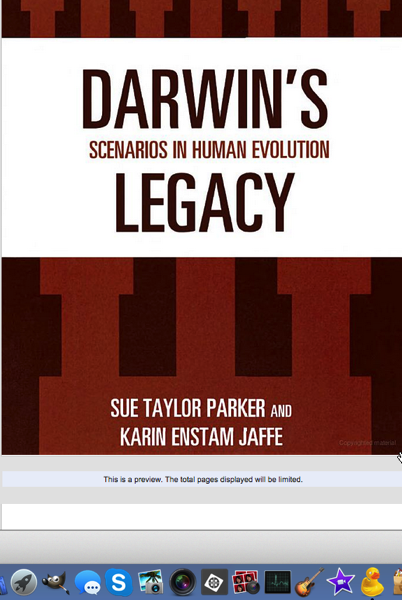
~
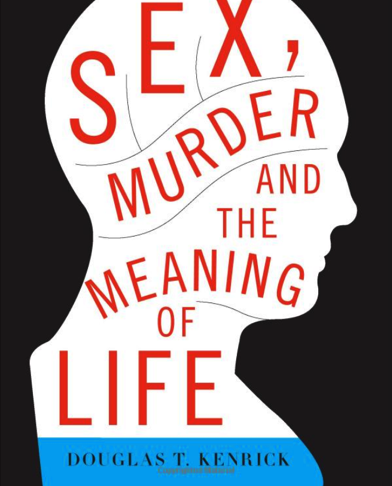
~
The Dawn Warriors: Man’s Evolution Toward Peace
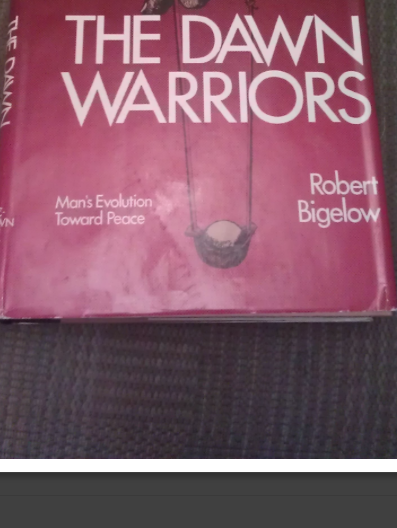
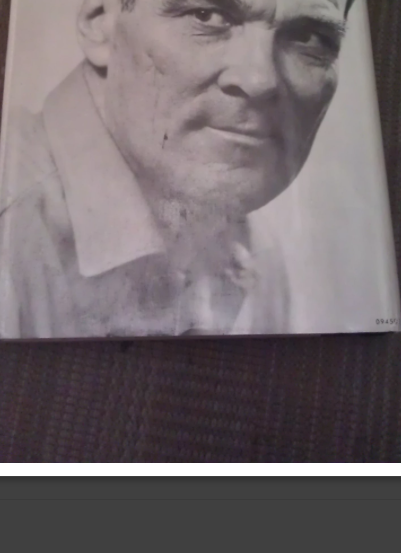
Robert Bigelow was my teacher in 1969 at the University of Canterbury in Christchurch. I was deeply influenced by his teaching. It seemed like we were getting genetics 101, but I now see that his insights were very rare, and they did not get a good grip on the orthodoxies. Sone of the details may be wrong or dated – the overall hypothesis makes sense and makes his book a worthy candidate for Peace Studies.
Time I read it again – not on the kindle unfortunately.
~
The Meaning of Human Existence [Kindle Edition]
Edward O. Wilson (Author)
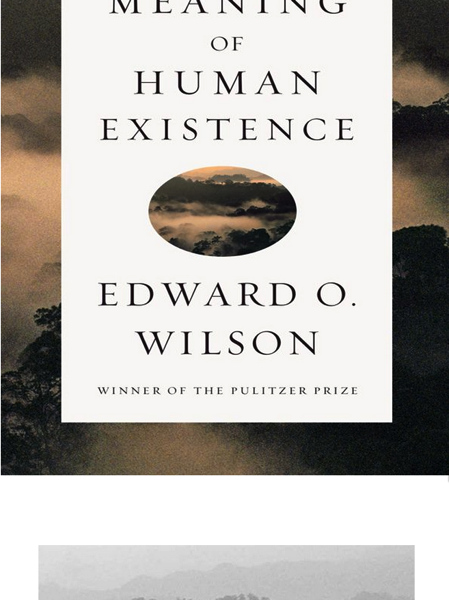
~
Then a couple by Stephanie Coontz (she is mentioned in an earlier post relevant to this discussion) here :
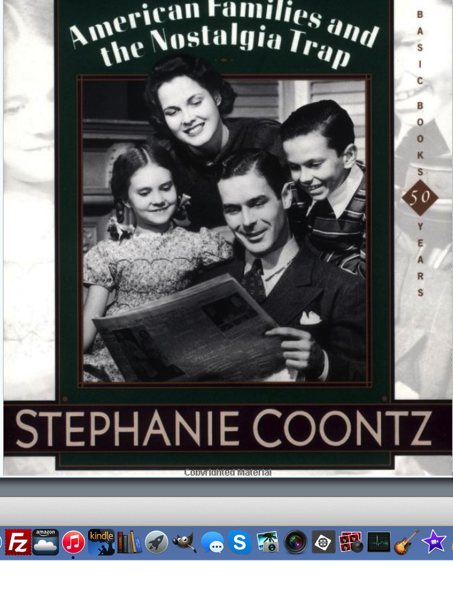
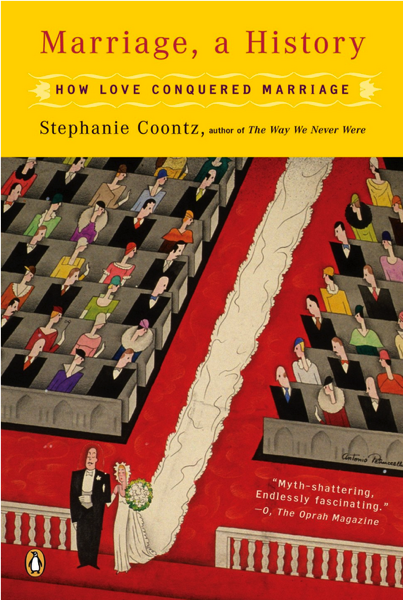
~
Diane Wolfthal Images of Rape
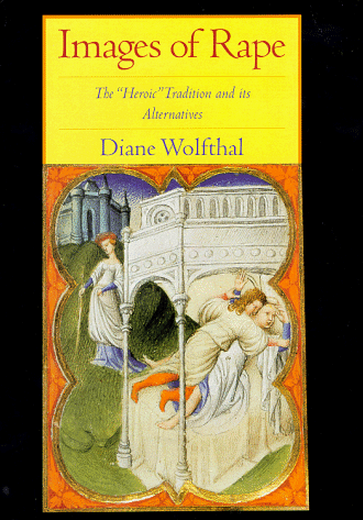
~
A Natural History of Rape: Biological Bases of Sexual Coercion
Here is a review: Goodreads
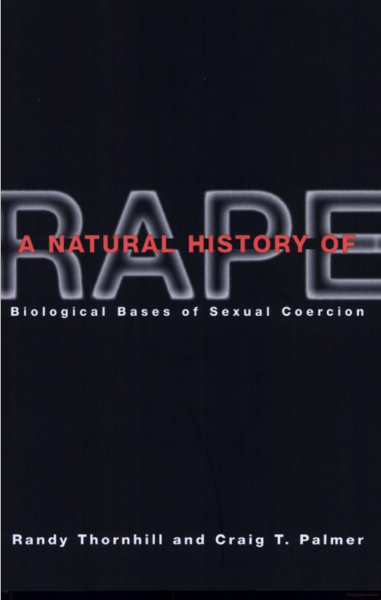
~
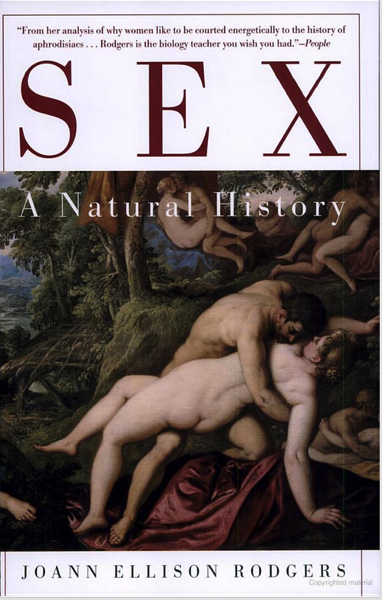
~
The Evolution of Marriage and of the Family
By Charles Jean Marie Letourneau
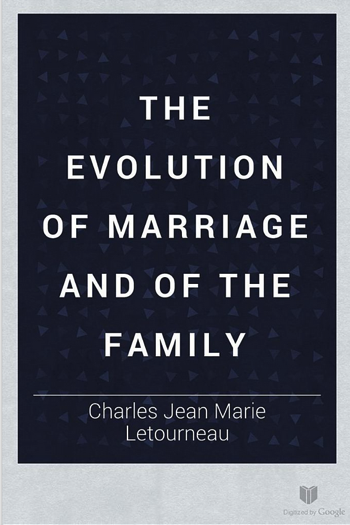
LATER Sunday, 20 October 2019
And now add Engles!!
Then there is a book in this
I’d love to do this as a project one day.
Sometime/Maybe — in the list
This book is on my list because I’m exploring the relational paradigm. Archetypes of Relational Space? What comes up is that marriage is a medium. This might be relevant?
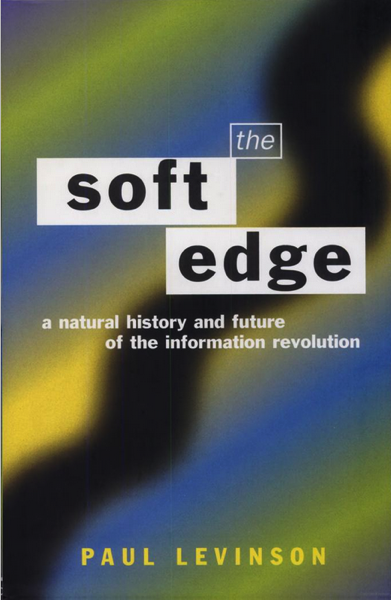
I can get the paper version here for 1c But I want a digital one… And that is here on Google
~
There is a lovely video of Paul Levinson on Amazon
~
While on the journey I downloaded a sample of another book, this one looks like fun. The Plot to Save Socrates
(Thanks Brian for pointers)
Shared Realities: Participation Mystique and Beyond
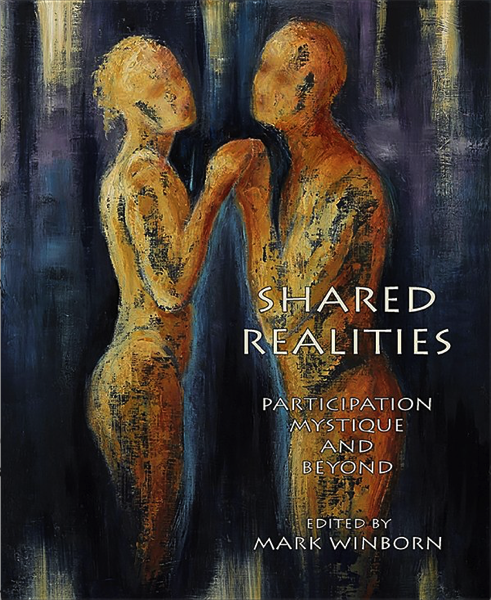
Heard about this on Shrink Rap Radio where Dr Dave interviews the author/editor Mark Winborn. Worth listening to.
I had to get the book, it is a sort of meditation on the nature of the relational space. It focusses on therapy, but this would be so relevant for those of us who consider that the marriage is the therapy.
I like the look of this book.
Leonardo’s Brain: Understanding Da Vinci’s Creative Genius

Have looked inside on Amazon. I’ll get it one day. Have a few more on my plate right now.
Brain pickings has more its no 10 on the list.
One of the books that gripped me and introduced me to Archetypal Psychology was Ginette Paris’ Pagan Grace (Seem to not have a post about that book — maybe soon?) – I loved it and it was like clicking a hyperlink into a new world. So happy today to have a newish book as a sample on the kindle.

You must be logged in to post a comment.